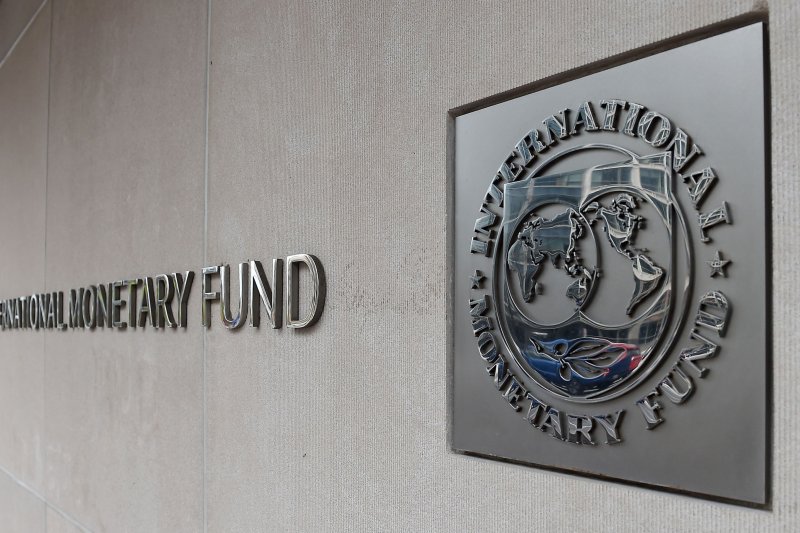PPPs Endanger Albania’s Public Debt
Local experts have joined international organizations in calling on the Albanian government to be careful over rising public debt levels. Following the 2019 earthquake, the Covid-19 pandemic, and historical spending levels, including dozens of public-private partnerships, Albanian public debt is estimated at somewhere between 80.1% and 86%.
According to EurActiv, the Albanian government does not formally count PPPs in public debt, meaning the actual figure is much higher than announced.
Expert economists have asked the government to be careful with public spending to avoid a catastrophic situation. The current government promised to reduce public debt to 60% over the next four years, but this does not seem likely.
The government has increased the public debt by about EUR 2 billion in the last two years. Most of it was used to finance disaster-related projects.
The government also authorized the debt increase to finance several long-term projects, such as the construction of the New Ring Road, the National Theater and the Llogara Tunnel. At the same time, funding is still needed for the pandemic and earthquake recovery. Debt expansion was done through a normative act, breaking a fiscal rule defined in the budget law, which does not allow fiscal measures that increase the debt as a percentage of GDP.
Over the past year, the government has increased public debt at faster rates than the country’s economic growth and wages. House prices have also risen more than 40% in the last four years, pricing many locals out of the market.
The International Monetary Fund (IMF), in its latest report on Albania in December last year, expressed concern about the country’s growing fiscal risks and the lack of accurate data on public-private partnership (PPP) projects. Arbitration rulings, the new guarantee scheme for the private sector and support for energy companies are also seen as added risks that increase unreported liabilities.
Last week, President Ilir Meta warned the government that the situation has evolved into a “serious crisis”. Meta called on the Ministry of Finance to urgently publish the actual level of public debt, including hidden financial commitments stemming from public-private partnerships and similar. The government has not responded.













